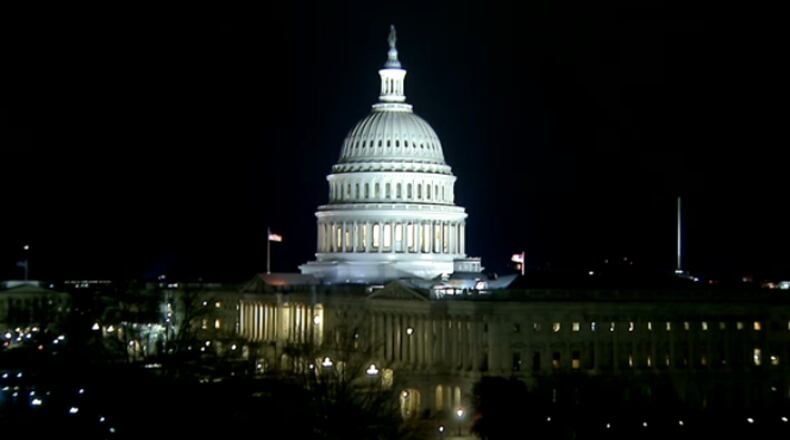Drawing on writings from the late Supreme Court Justice Antonin Scalia, the two judge majority said the Judicial Branch does not exist to referee disputes between the two other branches.
"Our government would become one not of laws, but of lawyers," the judges wrote.
DC circuit rules 2-1 that Congress can't file civil lawsuits to enforce its subpoenas against executive branch officials who defy them, and dismisses House Judiciary Committee case against Trump's former White House counsel, Don McGahn. https://t.co/ucOriJIvRQ
— Charlie Savage (@charlie_savage) February 28, 2020
The one dissenting judge in the case said the decision would simply allow any White House to ignore requests from Congress for any information.
"The court removes any incentive for the Executive Branch to engage in the negotiation process seeking accommodation, all but assures future Presidential stonewalling of Congress, and further impairs the House’s ability to perform its constitutional duties," Judge Judith Rogers wrote.
But the majority judges said Congress had other powers which could be tapped to force the hand of the Executive.
"Congress (or one of its chambers) may hold officers in contempt, withhold appropriations, refuse to confirm the President’s nominees, harness public opinion, delay or derail the President’s legislative agenda, or impeach recalcitrant officers," the majority wrote.
"The walk from the Capitol to our courthouse is a short one, and if we resolve this case today (McGahn), we can expect Congress's lawyers to make the trip often," the judges wrote.
"So the House doesn’t have standing to enforce a subpoena against anyone?" tweeted Josh Block, a lawyer with the American Civil Liberties Union.
Today's ruling from the DC Circuit is in significant conflict with the argument of GOP Senators, who criticized the House for not waiting on the judicial process — like enforcement of subpoenas — to play out. Now the court is dismissing the subpoena the House sought to enforce. https://t.co/cqQig24UWh
— Chris Geidner (@chrisgeidner) February 28, 2020
Democrats in the House could still choose to appeal this decision to the full D.C. Circuit Court of Appeals - or take the case to the U.S. Supreme Court.
“According to this court, there’s no Congressional oversight of the executive branch by subpoena, giving license to this lawless president to continue covering up his criminal conduct,” said Sen. Mazie Hirono (D-HI).
About the Author
